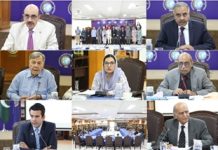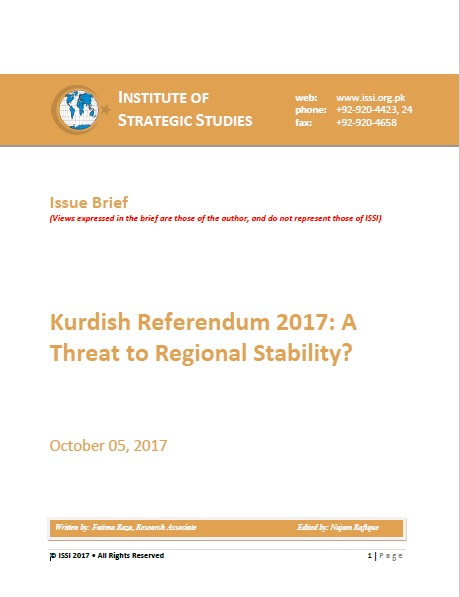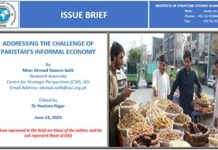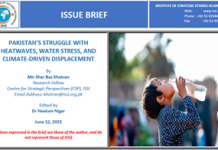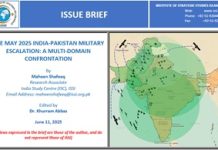On Monday October 2, 2017, a dozen Iranian artillery tanks rolled out to the Parviz Khan Border point between Iran and the Iraqi Kurdistan region.[1] The show of force is said to be a part of the joint military drills being conducted between the Iranian and Iraqi military forces, but it is in fact an open warning to the Kurdistan Regional Government (KRG) after it conducted a referendum on September 25 to demand independence from Iraq. [2]
Unless handled tactfully, this Kurdish referendum shall be a preamble to several domestic and regional disturbances. The fleeting moment of relief after the liberation of Mosul was rather short-lived for the Iraqi government, as soon afterwards the Kurds decided to move ahead with their demand for secession through this vote. The KRG forces had fought besides western forces and the Iraqi military to counter the terror being spread by the notorious forces of the Islamic State (IS). However, after tackling the threat of IS, the Kurds seemed to have gained more poise that could just easily be a mistaken sense of self-reliance that, according to the popular opinion, seems to have gripped their leader, Masud Barzani. Barzani feels that his people have earned the right to rule themselves as he said in an interview, “We are not a part of Iraq … We refuse to be subordinates.”[3] The international community has largely opposed the referendum considering it yet another fissure in the already fragile state of affairs in the Middle East. The only country that has welcomed this development is Israel, which should tell the Kurds something.




